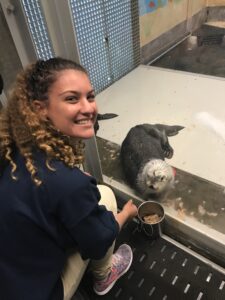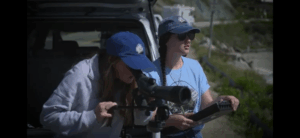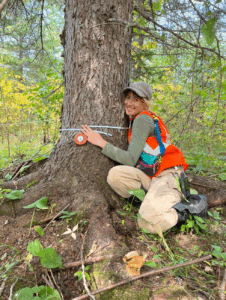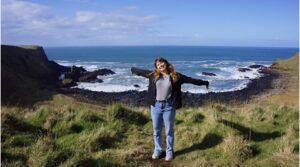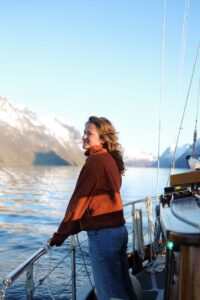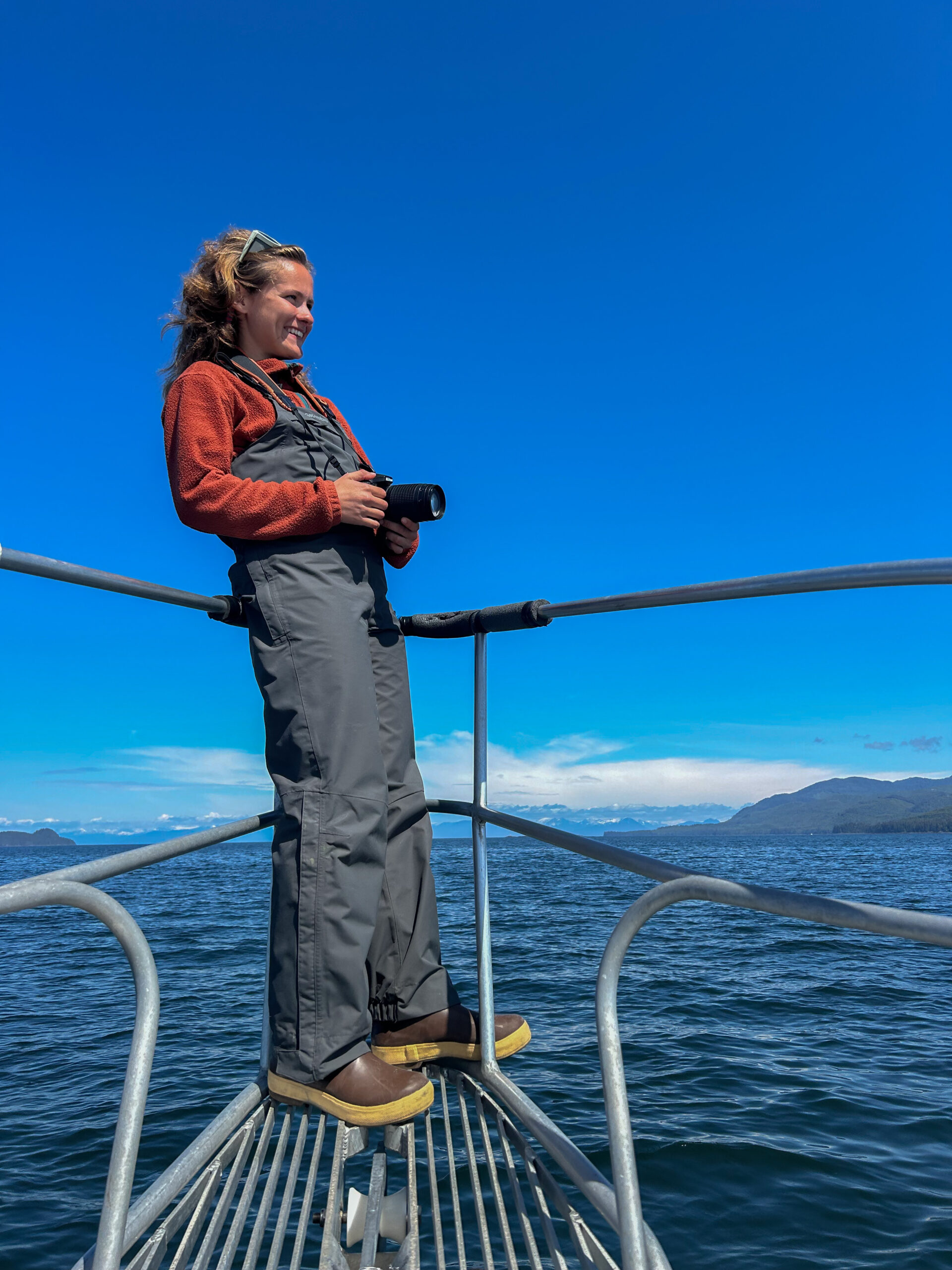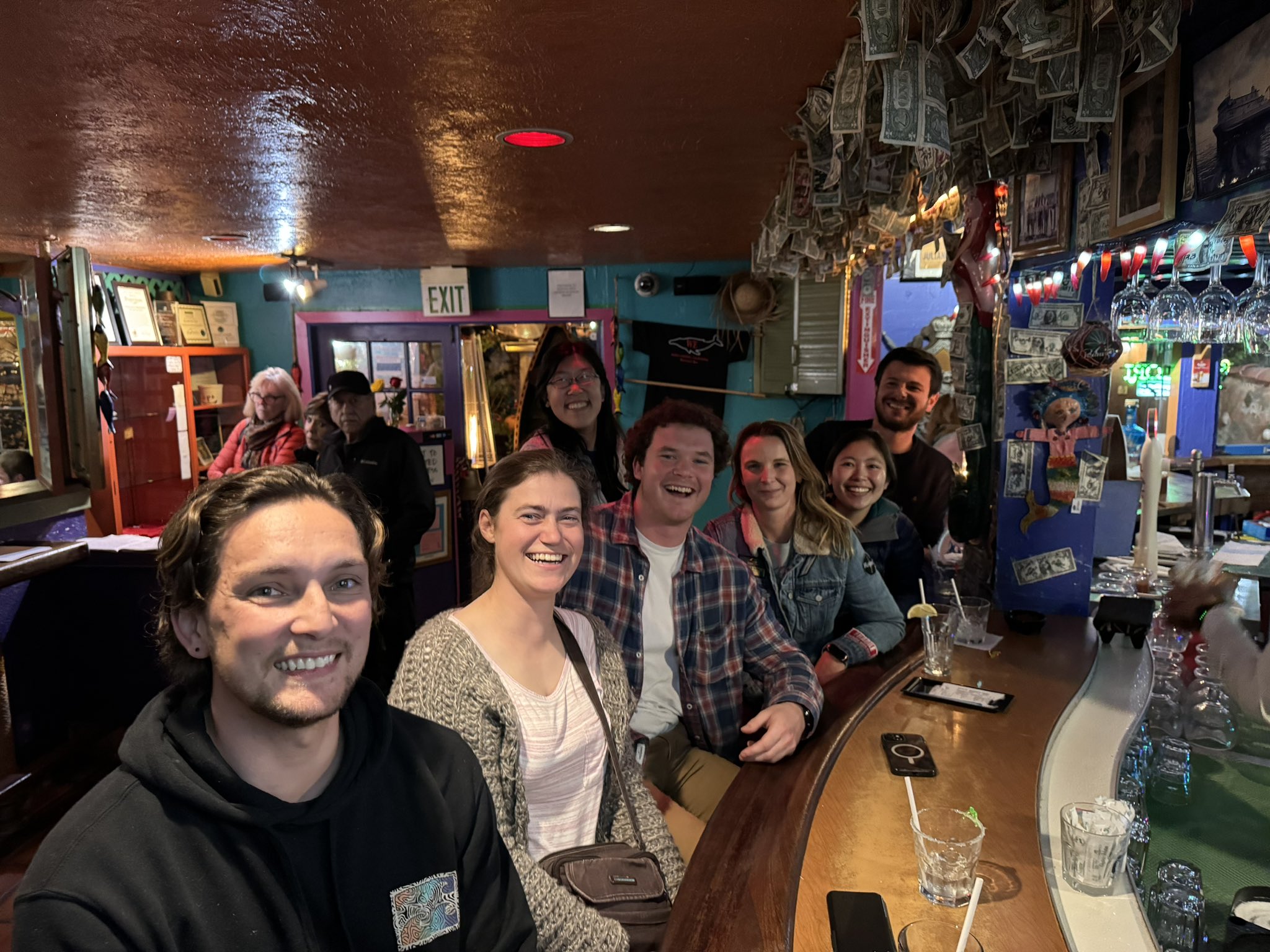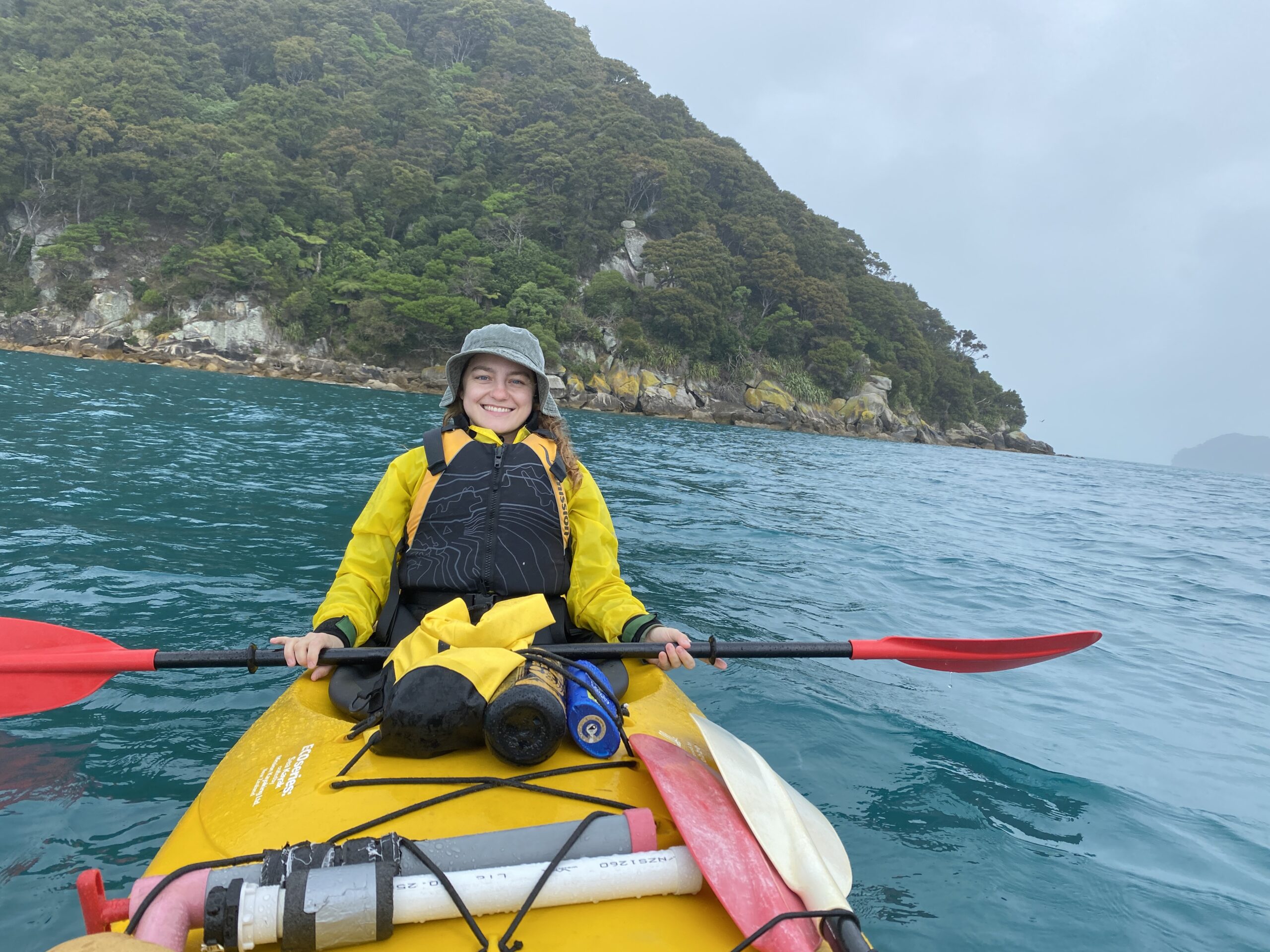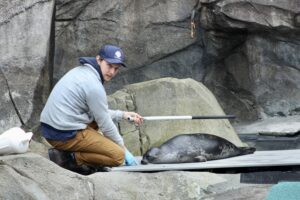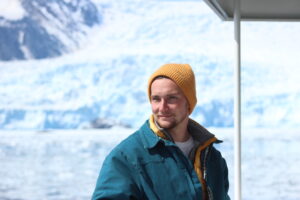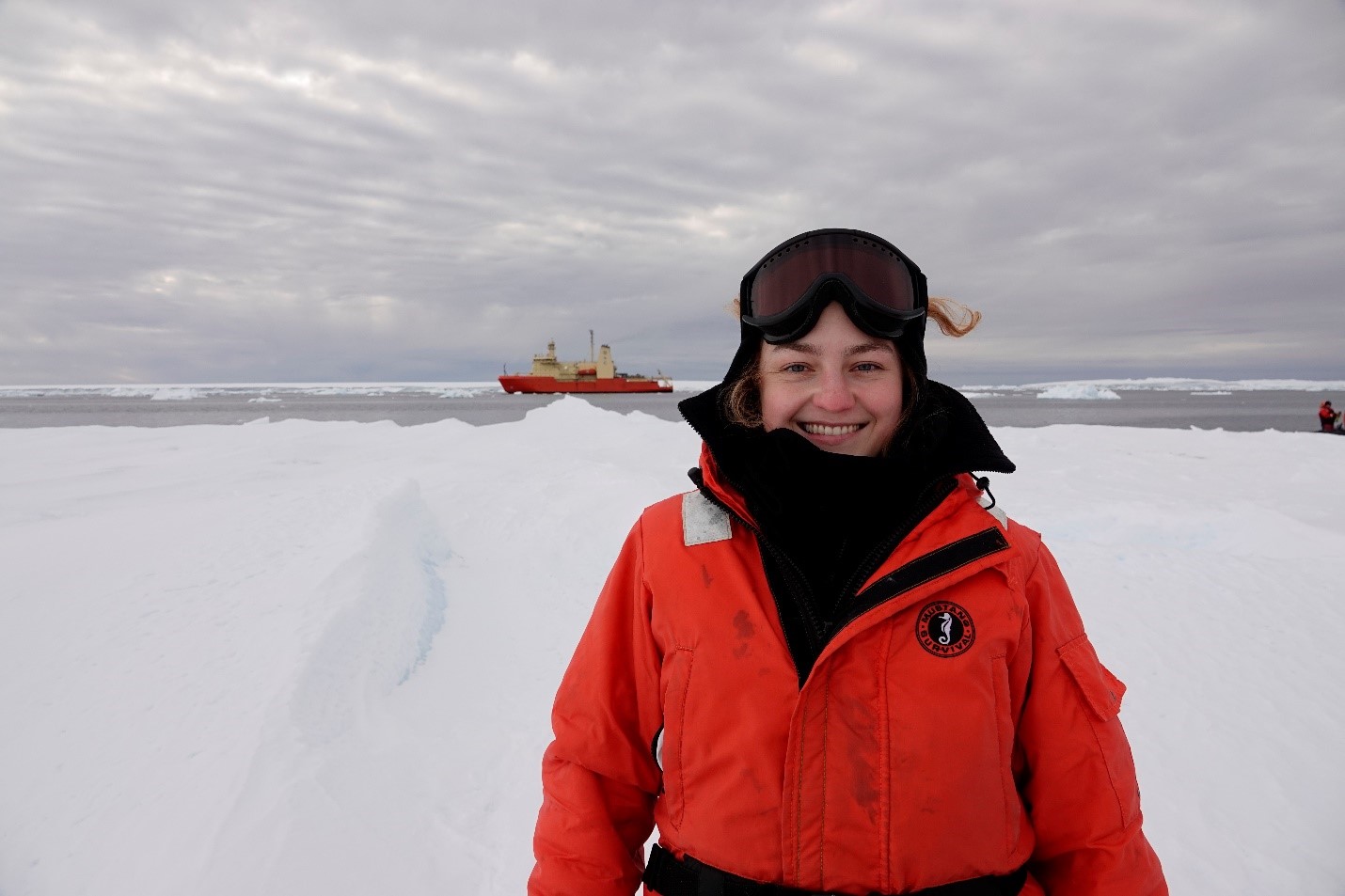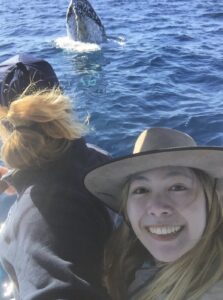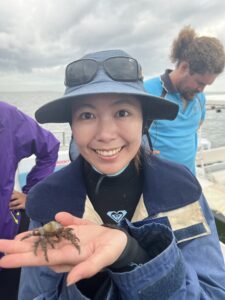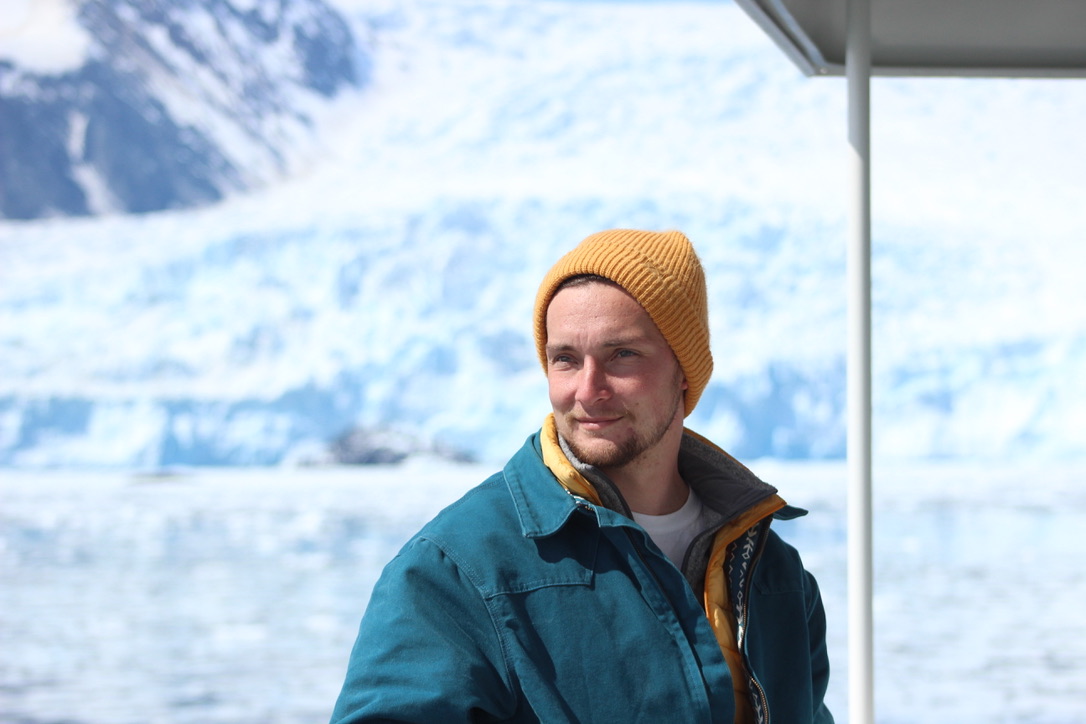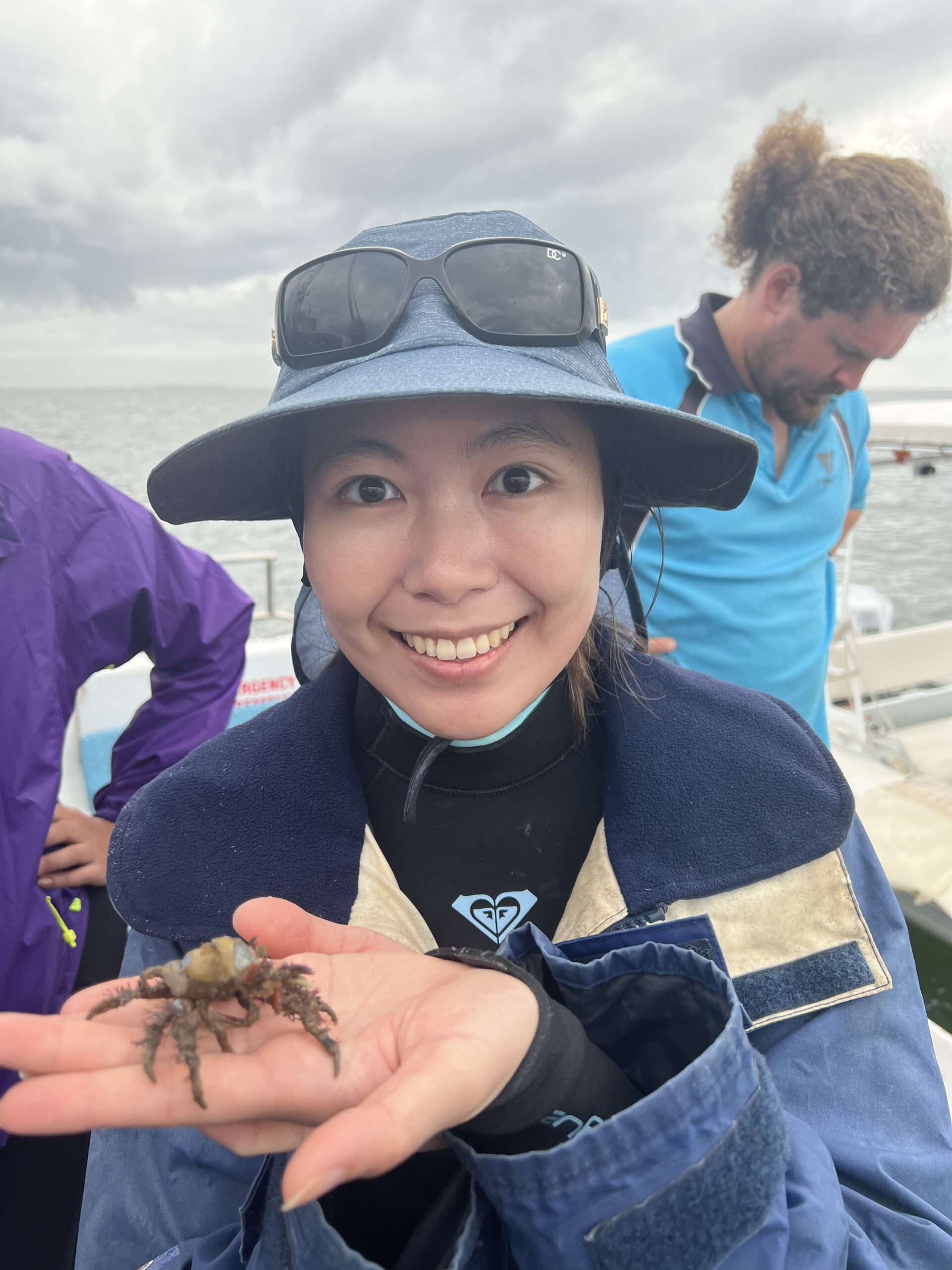Jessica Hughes
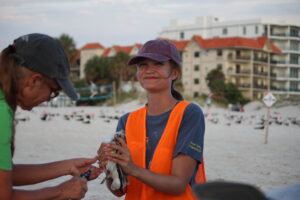
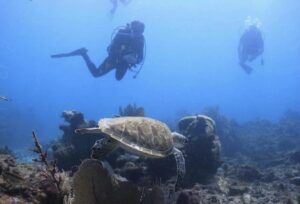
I graduated from Eckerd College, Florida, in the spring of 2025 with a B.S. in Marine Science and Animal Studies. During my time at Eckerd, I volunteered for the FWC Marine Mammal Pathobiology Lab rescuing, recovering and assisting with necropsies of manatees, worked on a student-led horseshoe crab research project, and interned at Clearwater Audubon Society before serving on their Conservation Committee. In my junior and senior years, I completed my undergraduate thesis on aggressive behavior in male black skimmers under the guidance of Drs. Tim Bransford and Beth Forys. While completing my undergraduate thesis, I was able to quantify the aggressive behavior of the males over different stages in the nesting season. After observing black skimmers on public Florida beaches, I grew concerned with the considerable amount of plastic pollution in their habitat and decided to document the concentration of microplastics in the gizzard and proventriculus of black skimmer carcasses. These two projects allowed me to observe black skimmers for over 260 hours in situ.
I started at the Vertebrate Ecology Lab in Fall 2025. My undergraduate experiences gave me the desire to pursue a graduate degree that focused on studying the physiology and/or behavior of marine organisms. I have always been interested in marine mammals, sea turtles, and birds and I am incredibly excited to be advised by Gitte and be surrounded by and learn from lab members who share my passion. I have already learned so much about local marine mammals as a responder for the MLML Stranding Network and am thrilled to take over as the Data Manager next year. My thesis research will focus on conducting a diet analysis of the harbor seals in Elkhorn Slough. I am having a great time at Moss Landing Marine Laboratories and cannot wait to grow as a scientist.
Aside from learning more about marine vertebrates, my hobbies include SCUBA diving, birding, figure skating, and exploring the outdoors!


